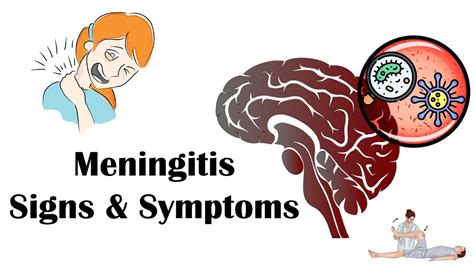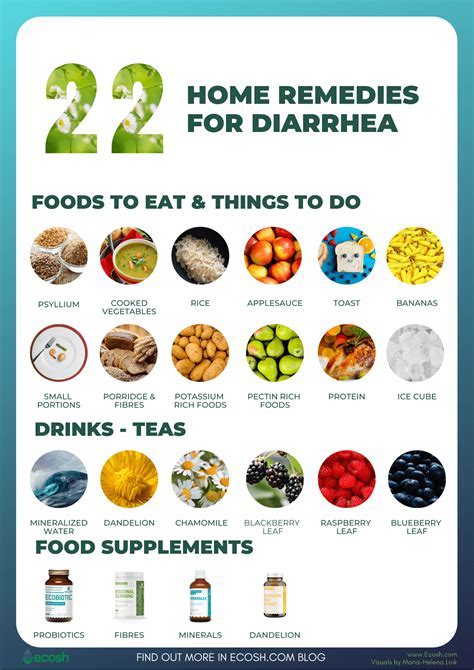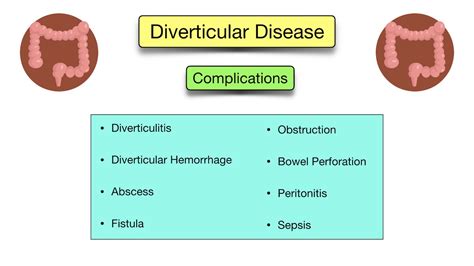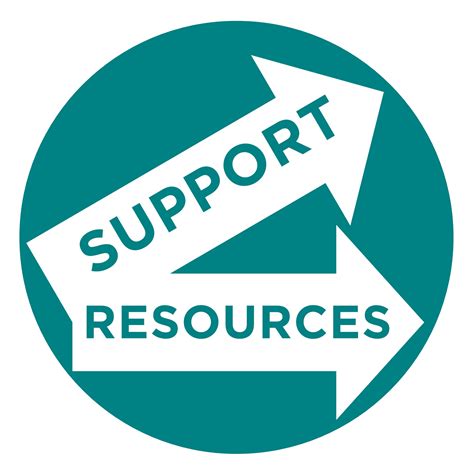Intro
Identify meningitis symptoms in kids, including fever, headache, and stiff neck. Learn about viral, bacterial, and fungal meningitis signs, diagnosis, and treatment options to ensure timely medical attention and prevent complications.
Meningitis is a serious and potentially life-threatening infection that affects the meninges, the protective membranes surrounding the brain and spinal cord. When it comes to children, it's essential for parents and caregivers to be aware of the symptoms of meningitis, as prompt medical attention can significantly improve outcomes. In this article, we'll delve into the world of meningitis, exploring its causes, symptoms, diagnosis, treatment, and prevention, with a focus on children.
The importance of recognizing meningitis symptoms in kids cannot be overstated. Meningitis can progress rapidly, and if left untreated, it can lead to severe complications, including brain damage, hearing loss, and even death. According to the World Health Organization (WHO), meningitis is a significant cause of morbidity and mortality worldwide, with children under the age of five being the most vulnerable. By understanding the signs and symptoms of meningitis, parents and caregivers can take proactive steps to protect their children and seek medical help when needed.
Meningitis can be caused by various pathogens, including bacteria, viruses, and fungi. In children, the most common causes of meningitis are bacterial, with Streptococcus pneumoniae, Haemophilus influenzae type b (Hib), and Neisseria meningitidis being the leading culprits. Viral meningitis, on the other hand, is typically less severe and may resolve on its own without treatment. It's crucial to note that meningitis can be spread through close contact with an infected person, contaminated food and water, or poor hygiene practices.
Meningitis Symptoms In Children

The symptoms of meningitis in children can vary depending on the age and underlying health of the child. In infants and young children, the symptoms may be non-specific and can include fever, irritability, lethargy, and poor feeding. As the infection progresses, more severe symptoms may develop, such as seizures, vomiting, and bulging fontanelles (soft spots on the head). In older children and adolescents, the symptoms of meningitis may be more pronounced, including severe headache, stiff neck, confusion, and sensitivity to light.
It's essential to recognize the early warning signs of meningitis, as prompt medical attention can significantly improve outcomes. Parents and caregivers should be aware of the following symptoms:
- Fever, which can be high and persistent
- Vomiting, which can lead to dehydration
- Headache, which can be severe and worsening
- Stiff neck, which can make it difficult to move the head
- Confusion, disorientation, or altered mental status
- Seizures, which can be a sign of severe infection
- Bulging fontanelles, which can indicate increased intracranial pressure
- Rash, which can be a sign of meningococcal infection
Diagnosis And Treatment Of Meningitis

Diagnosing meningitis requires a combination of physical examination, laboratory tests, and imaging studies. A healthcare provider may perform a lumbar puncture (spinal tap) to collect cerebrospinal fluid (CSF) for analysis. The CSF is then examined for signs of infection, such as elevated white blood cell count, protein levels, and glucose levels. Imaging studies, such as computed tomography (CT) or magnetic resonance imaging (MRI), may also be used to rule out other conditions and assess the extent of the infection.
Treatment for meningitis typically involves antibiotics, which are administered intravenously to target the underlying infection. In severe cases, hospitalization may be necessary to provide supportive care, such as fluid replacement, oxygen therapy, and seizure management. In some cases, corticosteroids may be prescribed to reduce inflammation and swelling in the brain.
Prevention Of Meningitis

Preventing meningitis requires a multi-faceted approach that includes vaccination, good hygiene practices, and avoiding close contact with infected individuals. Vaccines are available to protect against certain types of bacterial meningitis, such as Hib, pneumococcal, and meningococcal infections. The Centers for Disease Control and Prevention (CDC) recommends routine vaccination against these pathogens, starting at 2 months of age.
In addition to vaccination, good hygiene practices can help prevent the spread of meningitis. This includes:
- Washing hands frequently with soap and water
- Avoiding close contact with individuals who have meningitis
- Avoiding sharing food, drinks, or utensils with others
- Practicing good respiratory hygiene, such as covering the mouth and nose when coughing or sneezing
Complications Of Meningitis

If left untreated, meningitis can lead to severe complications, including:
- Brain damage, which can result in cognitive impairment, memory loss, and seizures
- Hearing loss, which can be permanent
- Vision loss, which can be permanent
- Learning disabilities, which can affect academic and social development
- Behavioral problems, such as attention deficit hyperactivity disorder (ADHD)
In severe cases, meningitis can be fatal, especially if treatment is delayed or inadequate. It's essential for parents and caregivers to recognize the symptoms of meningitis and seek medical help promptly to prevent long-term complications and improve outcomes.
Support And Resources For Families

Families affected by meningitis may require emotional and practical support to cope with the diagnosis and treatment. Various resources are available to provide guidance, counseling, and financial assistance. These include:
- National Meningitis Association (NMA), which provides education, support, and advocacy for families affected by meningitis
- Meningitis Research Foundation (MRF), which funds research and provides information on meningitis prevention, diagnosis, and treatment
- Local support groups, which offer a platform for families to share their experiences and connect with others who have gone through similar situations
Conclusion And Next Steps

In conclusion, meningitis is a serious and potentially life-threatening infection that requires prompt medical attention. By recognizing the symptoms of meningitis, understanding the causes and risk factors, and taking proactive steps to prevent the infection, parents and caregivers can protect their children and improve outcomes. If you suspect that your child has meningitis, seek medical help immediately. Remember, every minute counts, and prompt treatment can make a significant difference in the outcome.
We invite you to share your thoughts, experiences, and questions about meningitis in the comments section below. Your input can help raise awareness and support for families affected by this condition. Additionally, please share this article with others to help spread the word about the importance of meningitis prevention and treatment.
What are the most common symptoms of meningitis in children?
+The most common symptoms of meningitis in children include fever, headache, stiff neck, confusion, and vomiting. In infants and young children, the symptoms may be non-specific and can include irritability, lethargy, and poor feeding.
How is meningitis diagnosed?
+Meningitis is diagnosed through a combination of physical examination, laboratory tests, and imaging studies. A healthcare provider may perform a lumbar puncture (spinal tap) to collect cerebrospinal fluid (CSF) for analysis.
Can meningitis be prevented?
+Yes, meningitis can be prevented through vaccination, good hygiene practices, and avoiding close contact with infected individuals. Vaccines are available to protect against certain types of bacterial meningitis, such as Hib, pneumococcal, and meningococcal infections.
